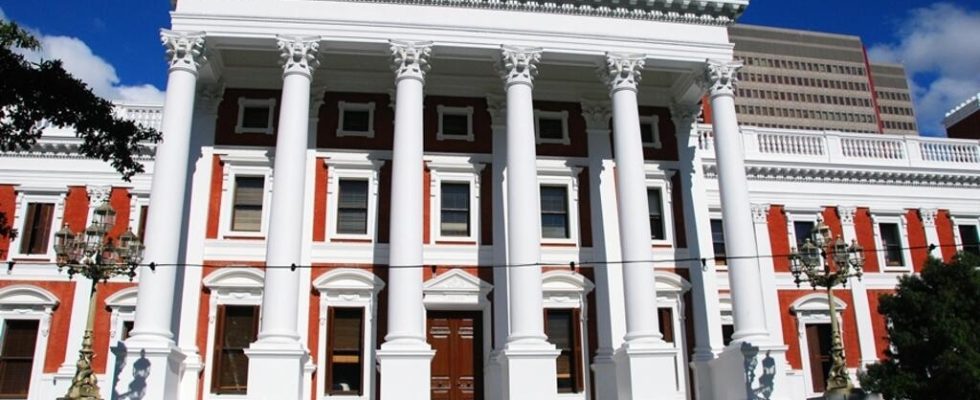In South Africa, as the general elections on May 29 draw closer, the country is preparing for the idea of seeing the emergence of coalition governments, at the regional and national level.
2 mins
With our correspondent in Johannesburg, Claire Bargelès
The ANC, losing momentum, could for the first time since coming to power 30 years ago lose its absolute majority in Parliament, which would represent a turning point for the country. The same goes for the eight regions of the country out of nine that the party governs so far. On this occasion, the organization Defend our democracy organized a conference on Saturday April 13 in Johannesburg to discuss the best way to approach possible future negotiations.
On the ANC side, the question does not yet arise since the party does not want to consider the possibility of losing its absolute majority, as Bandile Masuku, Member of Parliament for the Gauteng region, points out: “ We are heading into these elections with the idea of winning them hands down. And we’re pretty confident that we won’t have to look for coalition partners. »
However, the polls overall predict the fall of the party below 50%, an opportunity for opposition groups. Some signed a charter to dislodge the ANC, like Action SA and one of its representatives, Michael Beaumont: “ I think we have to be careful not to develop a Stockholm syndrome with regard to the idea of stability, because, in fact, the creative tensions of a coalition are something to be celebrated. »
But South Africans keep in mind the failure of several coalition governments, at the municipal level, such as in Johannesburg where four mayors succeeded one another in two years. However, it can work, according to Thina Nzo of the Public Affairs Research Institute (PARI): “We already had a unity government, during the transition period, after 1994. Today, our coalitions must be strong. We need agreements whose application the public can verify, and we need political maturity in terms of power sharing. »
According to the law, the parties will only have 14 days after the announcement of the results to form a possible coalition.
Read alsoSouth Africa: the Zulu vote very popular as the general elections approach
